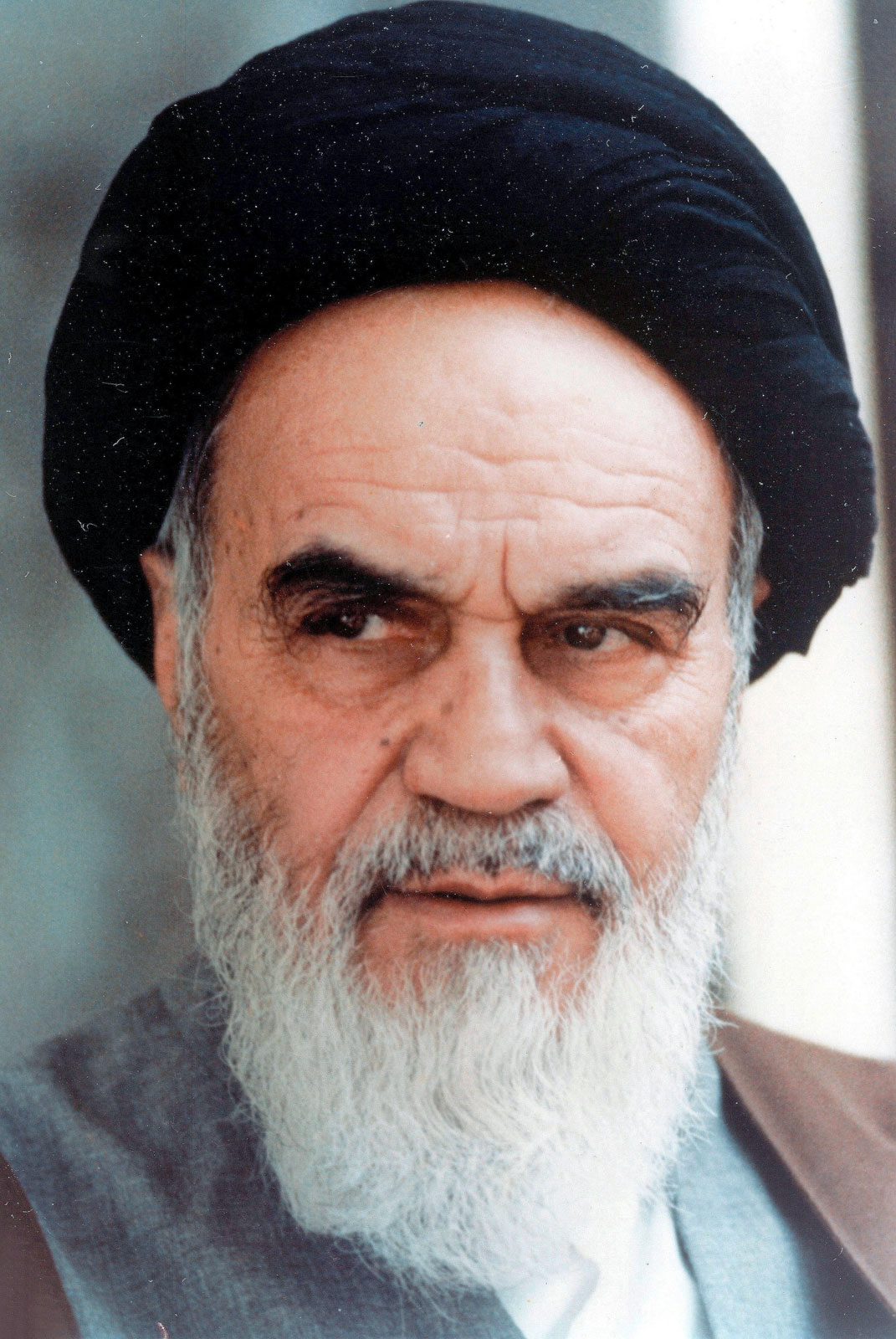Since the adoption of Universal Character of Human Rights by the UN in 1945, it has become a convention that any state that does not follow it in governance becomes a pariah state.
In 1979, Iran adopted its version of Shariah law and in 2021 Taliban of Afghanistan have vowed to adopt Islamic Shariah for governance. The nascent Islamic Republic embraced a concept of Human Rights based on the Shiite interpretation of the Islamic Shariah – and became a pariah state.
Afghanistan under the Taliban will likewise become a pariah state if it shuns the Western ideals and embraces the Shariah, unacceptable to the world dominant powers and the UN.
Throughout history, whenever a state defies the dominant powers and adopts a system of governance other than their approved models, that state has to face hardships of similar nature.
Hence Islamic Emirate of Afghanistan’s present hardships and what it will face in near future is nothing new in history. Unfortunately the defeated superpower of the time follows the same heavy handed approach as seen in history earlier.
American war of independence (1776-1783) was Britain’s Vietnam. They were fighting a war 3,000 miles away at the end of a very long supply line. Britain considered George Washington as ‘traitor’ and the Continental Army of freedom fighters ‘a band of rebels’ who were not subject to the laws of war.
When fighting came to an end, US economy was in shambles. Americans adopted a democratic form of government, a pariah in a World of kingdoms. Exports to Britain were restricted and British law prohibited trade with Britain’s remaining sugar colonies in the Caribbean.
British manufactured goods were cheap compared to local Ameri- can ones contributing to post war economic slump. The rich and established families in business and politics (mostly loyalists) left the new republic, further weakening the nascent republic.
Around 70,000 of about 400,000 loyalists immigrated north (to present day Canada) and south to areas under British rule. Economic problems facing the young republic deeply touched the lives of most Americans in the 1780s.
Chairman Mao Tse Tung in 1949 defeated the Chinese Nationalist army under Chiang Kai-Shek and adopted socialism as state governance model, again a pariah state as seen by the US and the West. US-backed Nationalists fled to Taiwan. America supported and recognised the government in Taiwan as the legitimate Chinese state.
Washington viewed China as a satellite of Moscow and advised its allies not to accord it diplomatic recognition but to form a common front against it. The US imposed a trade embargo and sued its allies to join in.
Stalin conveyed to Mao that he did not want China to risk a war
with United State of America. For this reason, Mao’s moderate stand towards the US was a matter of tact and not real bonhomie with Washington. But all friendly gestures from China were rebuffed by the US.
To stem the communist expansion in South Asia, Americans funded French in their war against North Vietnam and also supplied arms to Chiang Kai-Shek against China.
In 1950, Russia signed a Treaty of Friendship with China and loaned USD 300 million and also provided support against Japan. In return, China had to recognise the Soviet occupation of several Chinese territories, as well as of Mongolia. China eventually distanced itself from this Russia-dominated relationship in later years.
In 1975, after a long and bloody war, the US left South Vietnam, which was promptly taken over by North Vietnam resulting in the unification of Vietnam under Communism. The US imposed a trade embargo and did not recognize the Vietnamese government until 1995.
In 1978, Vietnam’s became estranged with China, its original backer against the US. It invaded Cambodia under Khmer Rouge in 1978. Vietnam installed a puppet ruler and pulled out.
All the past revolutionary societies of US, China and Vietnam faced common issues of devastated economy after prolonged war, polarised population (pro- and anti-revolution) and poverty of rural population especially farmers. All these countries were demonised by the superpower of the time, expecting the revolutionary zeal to die down with time.
In February 1979, Ayatollah Ruhullah Khomeini landed in Tehran triumphant. The Shah of Iran, fully backed by the US, was forced to flee Tehran. Feeling humiliated since its influence was vanishing from Iran, the US froze Iran’s USD 11 billions worth of Iranian assets, slapped a trade embargo, and supported all sorts of uprisings in Iran.
The Iranian revolution was the first of its kind in a Muslim country in modern era. The revolutionary government adopted a confronta- tional approach with the West and executed the previous regime’s collaborators whom it considered criminal.
Post-revolution resistance groups, uprisings, and the Iran-Iraq war were labelled by the nascent regime as ant-revolutionary forces backed by Western Imperialists. Within months of the revolutionary takeover of February 1979, Ayatollah Bazargani, the religious leader of Iran’s Turkic population, was side-lined after developing serious differences with Ayatollah Khomeini, the Supreme Leader.
A bomb blast in Tehran targeting parliament killed 70 of top clergy. Dr Ayatollah Mutahiri, an ideologue, philosopher, and intellectual
behind revolution was killed by a suicide bomber. Between 1979 and 1981, Kurdish uprising in western Iran gave the young revolutionary government in Tehran a tough time.
In September 1980, Iraq attacked Iran and the prolonged war ended in a stalemate in 1988. During all these years, experienced professionals and bureaucrats were leaving Iran.
In November 1979, US embassy was taken over by university students. The occupation lasted for 444 days. During those days Iran had to face severe sanctions from the West. Hence revolutionary Iran had to face and overcome all these challenges before its system started functioning properly.
So, the Taliban of Afghanistan will also have to face their share of problems if they wants to follow a state governance model based on Islamic Shariah instead of constitutional democracy. Afghanistan will have its share of uprisings (Panjshir), bomb blasts killing leadership, dissention in the ruling Taliban leadership, trade sanctions, diplomatic recognition withheld especially by the US and its allies.
Some states will conspire to push the new Taliban government to a collapse. A protracted war with a neighbour or another country is a real possibility. At any stage, if the Taliban came to terms with the world dominant powers, they will be welcomed.
Otherwise, they may face all the similar problems faced by US in 1783, China in 1949, Vietnam in 1975, and Iran in 1979. If they persist, a new Sunni Islamic order may be established in Afghani- stan with the possibility of its influence spreading into neighbouring Sunni states.










